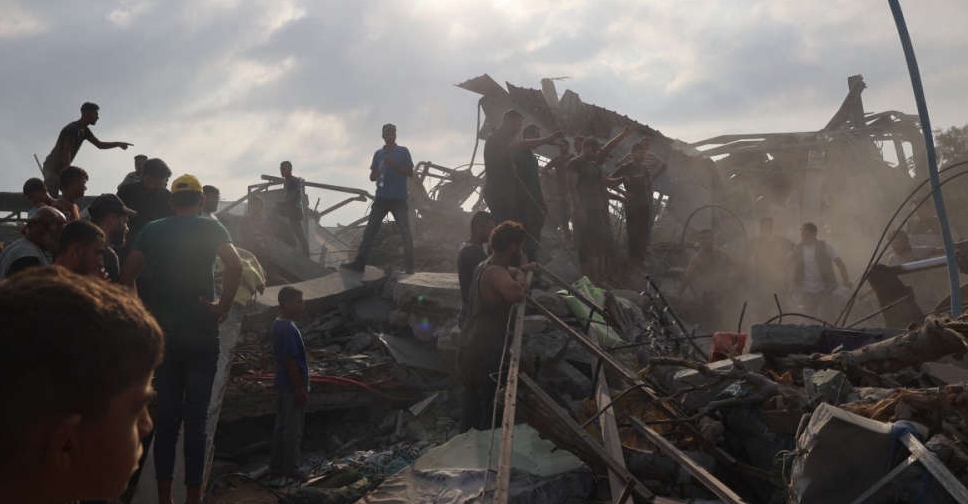
A senior Hamas official, Sami Abu Zuhri, said during a televised speech on Tuesday the group is open to agreements that would lead to a permanent ceasefire in Gaza, adding any deal would require the full withdrawal of Israeli forces from the Strip.
He also said an agreement must end the Israeli-led blockade of the coastal enclave, allow unrestricted aid and reconstruction of Gaza, and include a swap of Israeli hostages in Gaza for Palestinian prisoners in Israel.
Abu Zuhri added that the movement has responded to mediators' requests to discuss new proposals regarding a ceasefire and prisoner exchange. The Hamas official noted that his group has already held some meetings on this topic and that additional meetings will follow.
A major point of contention in negotiations was the retention of Israeli forces along the Philadelphi corridor, a 14 km strip bordering Egypt. Israel claims it must control the area to prevent Hamas members from transferring arms and replenishing its supplies through tunnels.
Hamas has rejected Israel's control of the corridor. Egypt, a mediator, also rejects any Israeli presence at the border. Egypt says it destroyed hundreds of tunnels on its side of the border years ago and set up a military buffer zone of its own that prevents smuggling.
On Sunday, Egyptian President Abdel-Fattah al-Sisi announced a proposal for a two-day ceasefire in Gaza to exchange four Israeli hostages for Palestinian prisoners, with plans for negotiations within ten days to work toward a permanent truce.
The US, Qatar, and Egypt have been mediating negotiations between Hamas and Israel to reach a ceasefire deal since the start of the Gaza conflict last October. Talks restarted this week after discussions broke down in August.
The killing of Hamas leader Yahya Sinwar in southern Gaza on October 16 was met with calls to restart negotiations by global leaders. Israel Prime Minister Netanyahu said the war would continue despite the group head's assassination. Natanyahu said Hamas must be completely deteriorated and rejected any Hamas governance of the Strip.
Israeli sources said Shin Bet chief Ronen Bar visited Cairo on October 20 to discuss the attempted revival of hostage deal negotiations after Sinwar's killing.
Hamas officials were also reportedly in Egypt recently to discuss ways to "overcome obstacles".
US Secretary of State Antony Blinken was in the Middle East last week for the 11th time since the start of the war to kickstart negotiations.
Qatar said it will work as mediator along with US administration "until the last minute" before the November 5 presidential election to reach a ceasefire deal, a Qatari foreign ministry spokesperson said on Tuesday.
"We don't foresee any negative result of the elections on the mediation process itself. We believe we are dealing with institutions, and in a country like the United States the institutions are invested in finding a resolution to this crisis," spokesperson Majed Al-Ansari told a press conference.
In early September, Hamas said it was ready to implement an immediate ceasefire based on a US proposal in June, which laid out a three-phase ceasefire in return for the release of Israeli hostages.




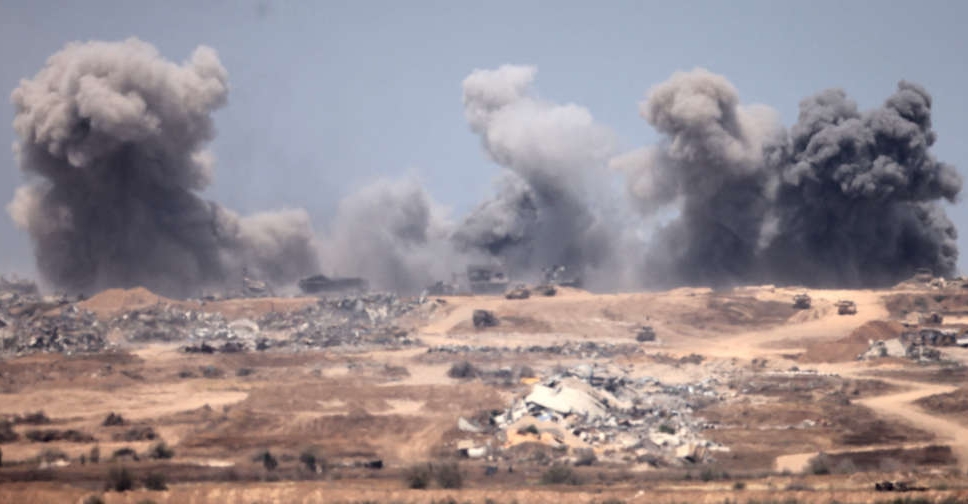 Qatari PM: Ceasefire talks on Gaza show signs of progress
Qatari PM: Ceasefire talks on Gaza show signs of progress
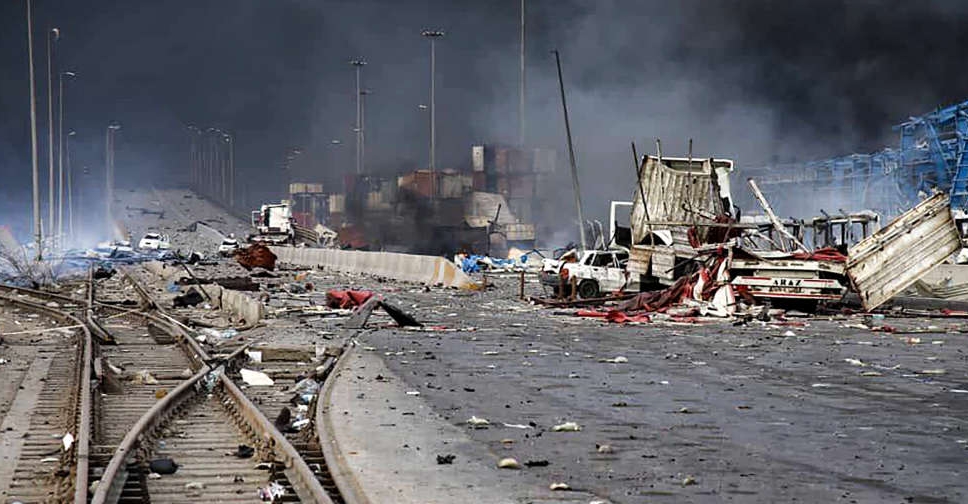 More than 700 injured in Iran's explosion
More than 700 injured in Iran's explosion
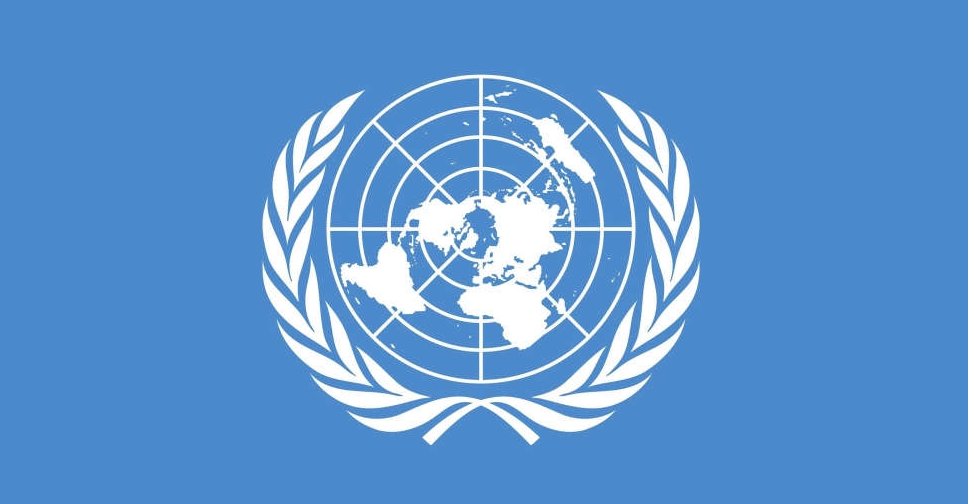 UN warns funding cuts threaten vital aid
UN warns funding cuts threaten vital aid
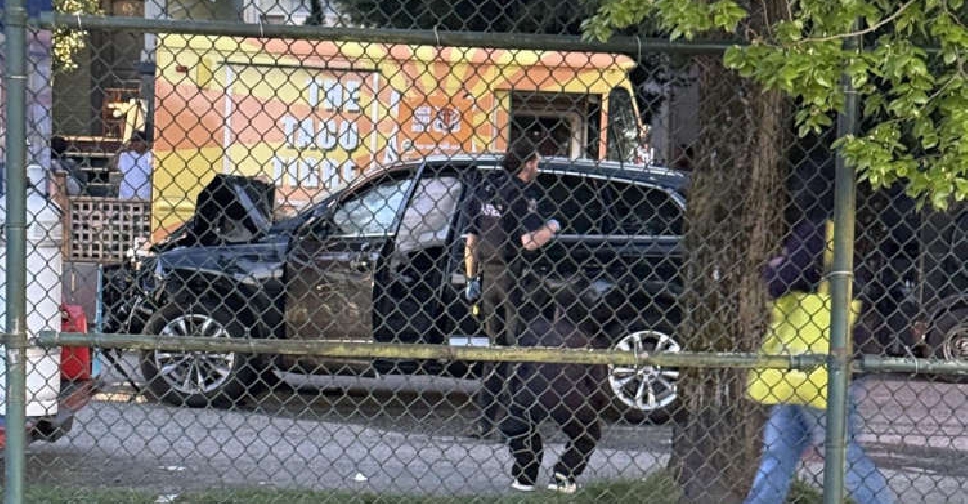 Multiple dead in Vancouver after vehicle plows into street festival
Multiple dead in Vancouver after vehicle plows into street festival
